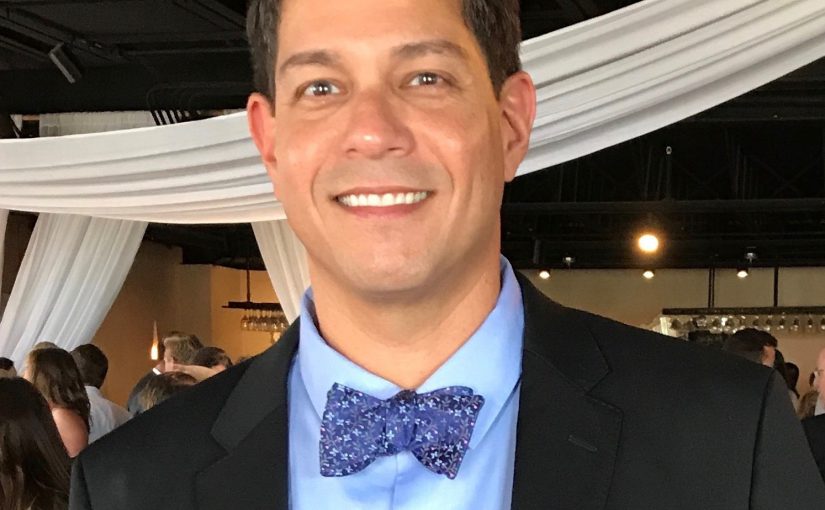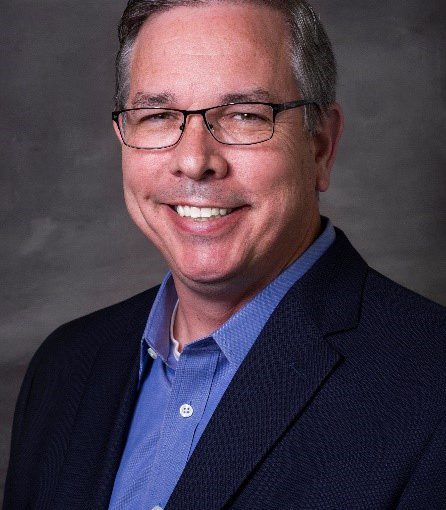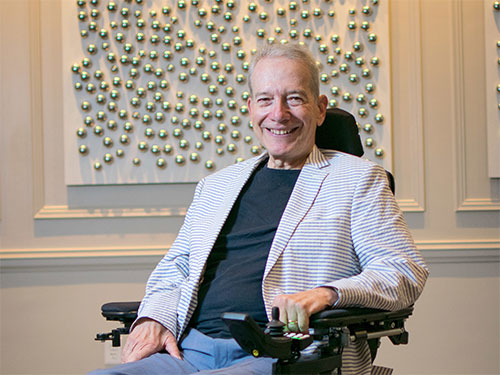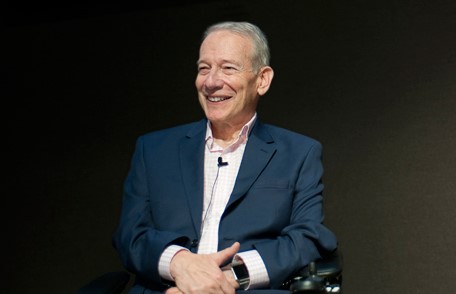Category: Sharing Our Stories
Plain Language Past and Present, Part II

The Plain Writing Act, which requires government agencies to use plain writing in all documents, was passed in 2010—but the push to make writing clearer had been ongoing for decades. In this three-part blog series, Plain Language Past and Present, we highlight some of the interesting early efforts and events from the U.S. government website Read More >
Posted on by Leave a commentMeet Dr. Victor R. De Jesús, Chief of the Volatile Organic Compounds Laboratory at CDC

Personal History and Education Born and raised in Puerto Rico, Dr. Victor De Jesús moved to the mainland after high school to pursue an education in chemistry, landing in Wisconsin. The brutal winter proved too much for him, so he returned to Puerto Rico where he completed undergraduate studies in chemistry at the Universidad Interamericana Read More >
Posted on by Leave a commentCDC’s Climate and Health Program Celebrating 10 Years

CDC’s Climate and Health Program is celebrating 10 years of supporting state, tribal, local, and territorial public health agencies as they prepare for the continuing health impacts of a changing climate. Read More >
Posted on by Leave a commentTwenty Years of the Laboratory Response Network

What do chemical spills, the opioid epidemic, Zika, and potential safety threats at the Super Bowl have in common? They are examples of public health emergencies that CDC and local and state laboratory partners prepared for and responded to during the last 20 years. Read More >
Posted on by Leave a commentPlain Language Past and Present, Part II

The Plain Writing Act, which requires government agencies to use plain writing in all documents, was passed in 2010—but the push to make writing clearer had been ongoing for decades. In this three-part blog series, Plain Language Past and Present, we highlight some of the interesting early efforts and events from the U.S. government website Read More >
Posted on by Leave a commentMeet Dr. Rudolph (Rudy) Johnson, Chief, Emergency Response Branch, Division of Laboratory Sciences at CDC

“Everyone has something that I need to know.” Originally from Detroit, Rudy is a 4th generation public servant. He grew up moving with his family every 3 years, ending up in Atlanta where his father worked for and retired from the Internal Revenue Service, right next door to where Rudy now works. Read More >
Posted on by Leave a commentEd’s Story—Everyone with ALS Counts

Amyotrophic lateral sclerosis (ALS) is a fatal neurological disease that attacks the nerve cells. It first gained national attention as Lou Gehrig’s disease, named after the famous baseball player who was diagnosed with ALS in 1939. To date, the cause of ALS is unknown, and there is still no known cure. The disease strikes quickly, Read More >
Posted on by Leave a commentMay is ALS Awareness Month; the ALS Registry Offers Hope

Because learning more about ALS is an important step in the battle to defeat it, the National ALS Registry gathers confidential health information from people who are living with the disease to learn more about what causes ALS and possibly lead to better treatments. Read More >
Posted on by Leave a commentHave it Your Way: Exploring Data on the National Environmental Public Health Tracking Network
“Have it your way.” Remember that old marketing promise from a fast food chain? In this case, rather than a hamburger, the phrase is in reference to the treasure trove of environmental and health data on CDC’s Environmental Public Health Tracking Network (Tracking Network). Read More >
Posted on by Leave a commentSuccess Stories in Environmental Health

Learn more about how CDC’s National Center for Environmental Health (NCEH) and the Agency for Toxic Substances and Disease Registry (ATSDR) protect and promote environmental health across the United States. Your environment is everything around you—the air you breathe, the water you drink, the places where your food is grown or prepared, your workplace, and Read More >
Posted on by Leave a comment
